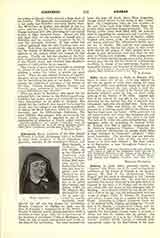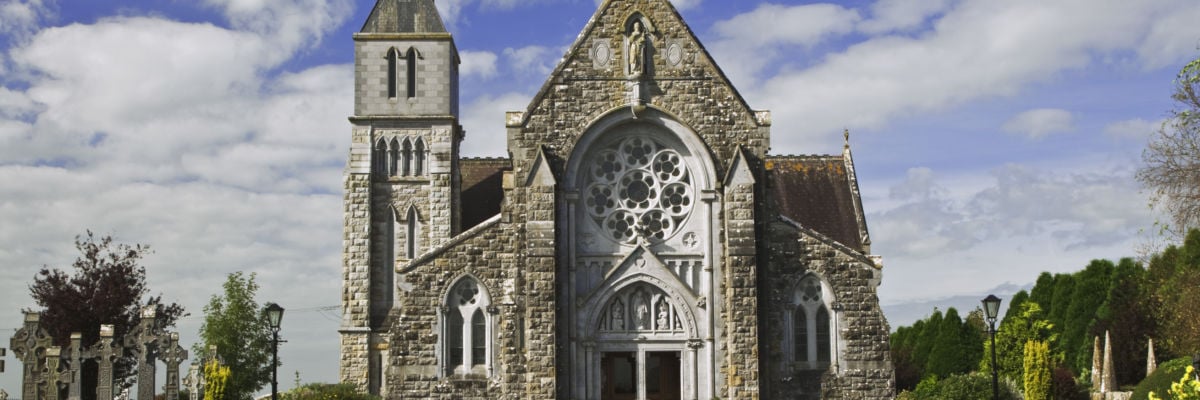

Ailbe, Saint, Bishop of Emly in Munster (Ireland); d. about 527, or 541. It is very difficult to sift out the germs of truth from among the mass of legends which have gathered round the life of this Irish saint. Beyond the fact, which is itself disputed, that he was a disciple of St. Patrick and was probably ordained priest by him, we know really nothing of the history of St. Ailbe. Legend says that in his infancy he was left in the forest to be devoured by the wolves, but that a she-wolf took compassion upon him and suckled him. Long afterwards, when Ailbe was bishop, an old she-wolf, pursued by a hunting party, fled to the Bishop and laid her head upon his breast. Ailbe protected his old foster-mother, and every day thereafter she and her little ones came to take their food in his hall. The Acts of St. Ailbe are quite untrustworthy; they represent Ailbe as preaching in Ireland before St. Patrick, but this is directly contradicted by St. Patrick’s biographer, Tirechan. Probably the most authentic information we possess about Ailbe is that contained in Cuimmon’s eulogium: “Ailbe loved hospitality. The devotion was not untruthful. Never entered a body of clay one that was better as to food and raiment.” His feast, which is September 12, is kept throughout Ireland as a greater double.
HERBERT THURSTON


